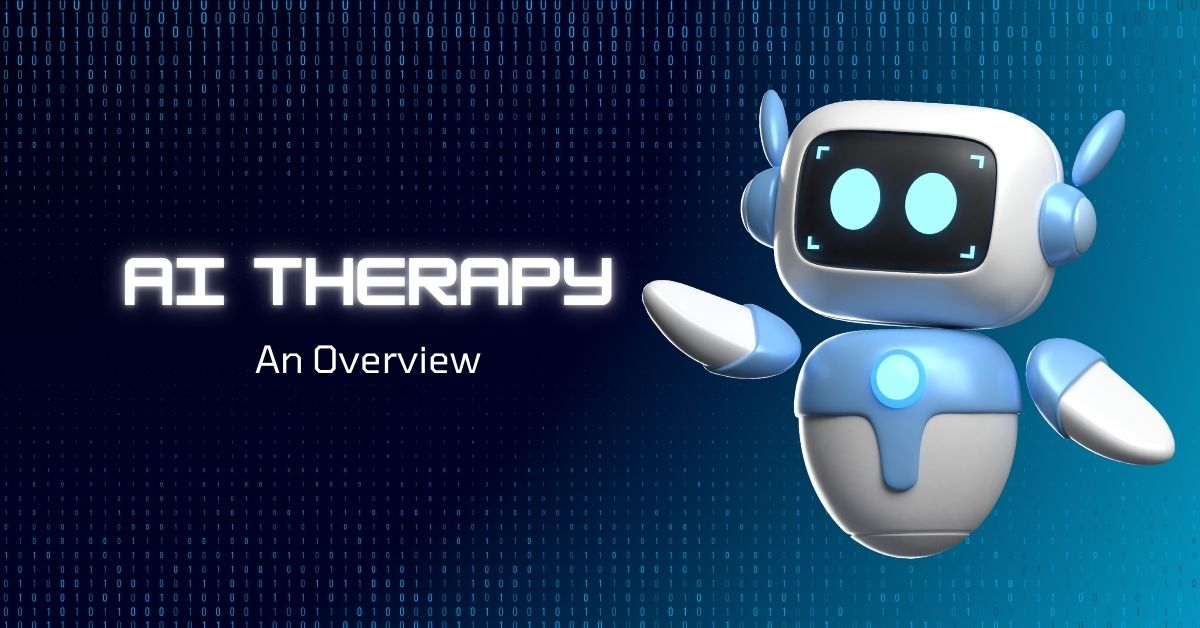The future of therapy might just include a conversation with an AI. As mental health services struggle to meet growing demands, artificial intelligence (AI) is stepping in to fill the gaps, offering support that is both cost-effective and widely accessible. AI therapy bots, programmed to provide psychological support and intervention, are already being integrated into mental health care, but they are not without their challenges and limitations.
AI therapy bots like Woebot, Wysa, and Heyy are using cognitive behavioral techniques to offer guided assistance. These bots are designed to follow structured conversations, approved by clinicians, to ensure safety and effectiveness. They operate under strict guidelines to handle sensitive issues like mental crises, ensuring they Complement rather than replace human therapists. For instance, Wysa features a penguin avatar that limits user interactions to pre-written responses, ensuring controlled and safe engagement.
However, the effectiveness and ethical implications of AI in therapy are subjects of intense debate. Concerns center on the capacity of AI to fully comprehend and appropriately respond to the nuances of human emotions and complex psychological conditions. Critics argue that while AI can offer initial support, it lacks the empathetic understanding and depth that human therapists provide, which are crucial for effective therapy.
Furthermore, there are significant legal and ethical concerns. AI therapy bots must navigate issues of data privacy, informed consent, and the potential for bias. The technology must be carefully monitored to ensure it adheres to ethical standards and respects patient confidentiality. Regulatory frameworks are still catching up to these advancements, with discussions ongoing about how best to integrate AI into health care without compromising patient safety or privacy.
While AI therapy bots hold promise for expanding access to mental health resources, they are currently best viewed as supplementary tools that can offer initial support or act as intermediaries while patients await professional care. The role of AI in therapy is evolving, and its future will likely involve a hybrid model that combines the best of both technological efficiency and human insight.







